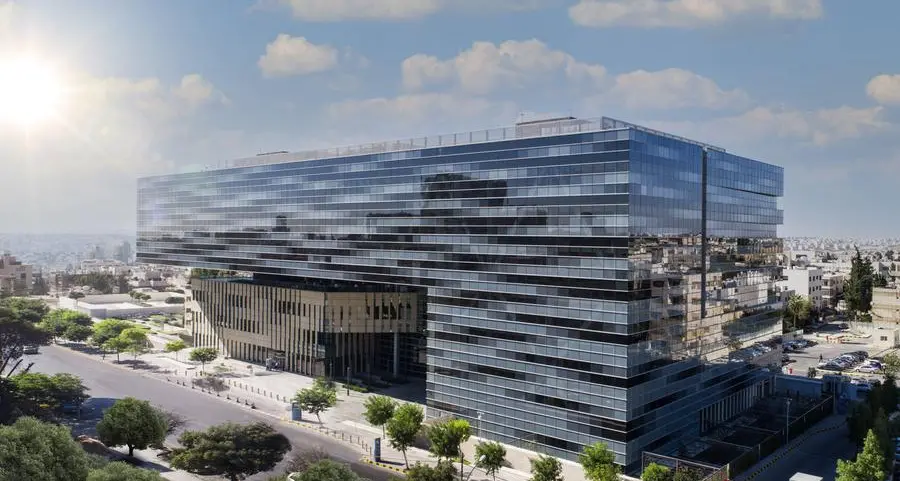In view of the 27th session of the Conference of the Parties (COP27) of the United Nations Framework Convention on Climate Change (UNFCCC) which will be held in Sharm El-Sheikh, Egypt, from 6 to 18 November 2022, West African regional integration institutions are actively preparing for joint participation.
The first milestone of this joint participation is the regional workshop on the preparation for climate negotiations
This strengthened regional cooperation is the result of several years of partnership, especially in the preparation of international climate negotiations. Historically, the regional institutions (ECOWAS, UEMOA, CILSS and BOAD) have been joining forces and organising a regional workshop every year to prepare for the COPs with negotiators from member states to discuss the region’s priorities and challenges. As usual, this year’s discussions will be facilitated by the ECOWAS Regional Support Group for International Climate Negotiations (GRANIC) and will be the subject of a common regional position to be published at the opening of COP27.
The workshop will be held from 27 to 29 September in Lomé, Togo, with a new scientific component coordinated by the CILSS. Work on measuring and monitoring carbon in West Africa will be presented, especially to deepen negotiators’ knowledge of the carbon storage potential of the various ecosystems found in their countries.
West Africa, a region united to counter climate change
To symbolise this regional collaboration, a West African pavilion, the African COP, will be erected at COP27. Co-piloted by the ECOWAS Commission and BOAD in partnership with UEMOA and CILSS, this pavilion will be equipped with a conference room and will be a perfect platform to promote the climate action of the regional institutions and that of their member states, thus strengthening the voice of West Africa on the international climate scene.
The pavilion, which is more than a symbol, shows the willingness of the regional institutions to strengthen their cooperation to counter the common challenge of climate change. This approach aims to improve the coordination and effectiveness of the response for the benefit of the region’s population.
The basis of this cooperation is complementarity between the respective regional mandates and the action of the Member States. It is the coordinated intervention of the various levers of the regional institutions (funding, capacity building, policy and regulatory framework, scientific resources) that will enable efficient and effective support to the Member States in the implementation of their Nationally Determined Contributions (NDCs) under the Paris Climate Agreement. This cooperation thus responds to a principle of regional solidarity and embodies the adage which says “If you want to go fast, go alone. If you want to go far, go together”.
2022, a symbolic year for the climate commitment of West African regional institutions
The year 2022 marks the culmination of the process of developing the ECOWAS Regional Climate Strategy and its action plan set for 2030, adopted by the Eighty-Eighth Ordinary Session of the ECOWAS Council of Ministers held from 30 June to 1 July 2022 in Accra, Ghana. Led by the ECOWAS Commission, the Regional Strategy embodies the collaboration between the West African regional institutions. BOAD, UEMOA and CILSS were stakeholders in the development process and will be partners in the implementation.
By adopting this strategy, ECOWAS is working alongside its fifteen (15) Member States to make climate a priority for political action in the region, in line with its Vision 2050. This Vision is based on the observation that the effects of climate change transcend borders and that it is only together that ECOWAS Member States can address this challenge. It is also an opportunity to raise the region’s voice on the international scene by advocating for a united and supportive region in climate negotiations.
Distributed by APO Group on behalf of Economic Community of West African States (ECOWAS).


















